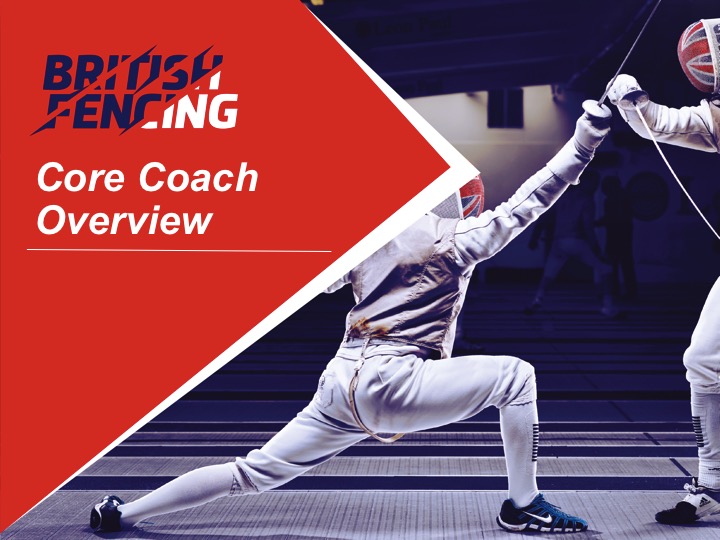The Constraints-Led Fencing Coach
@coachsabre
Practitioner. Learner. Fencing coach. Sport educator.
“To perceive is not to experience a multitude of impressions that bring along with them some memories capable of completing them, it is to see an immanent sense bursting forth from a constellation of givens without which no call to memory is possible.”
“…believing that “the projection of memories” introduces a mental activity into perception and that empiricism is reversed is a mistake…it conceals phenomena rather than clarifying them.”
“…the “projection of memories” is but an unfortunate metaphor that covers over a deeper and already accomplished recognition.”
There are an infinite number of locations on a circle. So which one should the fencer put the tip of their sword on to be “correct” and which memory of which locus is it that they are meant to have memorised and recall in 5-10ms decision time that is available to the fencer?
It was recently suggested to me I should do some live recording of my coaching decisions. Um…I can’t think that fast never might talk that fast. youtube.com/shorts/NmYklka…
When we see a great hit at a competition, the things we see from the side are not what are to be coached. What is to be coached is what is perceived and acted on in front of and between the two fencers.
What do fencers do when they don't know what to do? They can't rely on solutions they don't yet know, but they might adapt if we have helped equip them with the problem solving skills they need.
Senior Coach Developer - Remote - Indeed.com **New Senior Coach Developer role** Do you know anyone who would be interested in joining Martin Dighton and myself as part of the Coaching Team at UK Coaching. Please share with your contacts! uk.indeed.com/viewjob?jk=ffc…
You can’t teach the essence of the game, you immerse them in it. It’s gaming in game contexts that allows fencers to develop game-sense. Game-sense is the embodied map and compass, essence is the North Star.
We just published the 50th episode of The Constraints Collective on @buzzsprout! buzzsprout.com/2354827/achiev…
I find coaching sameness a complicated business. When coaching sameness we come to realise that the whole is greater/something else than the sum of the parts. But when coaching difference, I've begun to appreciate that perhaps the whole is simpler than the sum of the parts.
Why do people say that referring to traditional coaching v say contemporary/constructivist/complexity learning is a straw man argument? I mean, have you been on a fencing coach course recently? Much work to be done. britishfencing.com/members/coachi…

Technique as Outcome- not the Starting Point A follow-up to the recent post in the same subject, this video gives a short example of how we can approach a session activity from the lens of technique being the outcome, not a precursor. open.substack.com/pub/nicksmallr…
The player, the coach and the system all evolve at the same time when we let them.
When designing practice activities, remember: Redesigning and adapting are normal parts of coaching, not failures. Coaching, is a dynamic process and it’s important for us to embrace this.
In my sport I go as far as to say that technique is a bi-product of a skilful exchange.
🚨New Post is LIVE🚨 Technique is Not the Starting Point — It’s the Outcome Link below ⬇️⬇️⬇️
"It is extremely hard to teach "proper" footwork without saying "do it this way". It really isn't. Constrained to age, stage and challenge point, they can learn to play the game if we allow the game to teach them how to play.
“It is this power of varying the stroke and transforming it at will that marks the true fencer. The man … who is content to recite his lesson by rote…can never be anything more than a school-boy; call him that or an accomplished parrot, whichever he prefers." Bazancourt, 1862